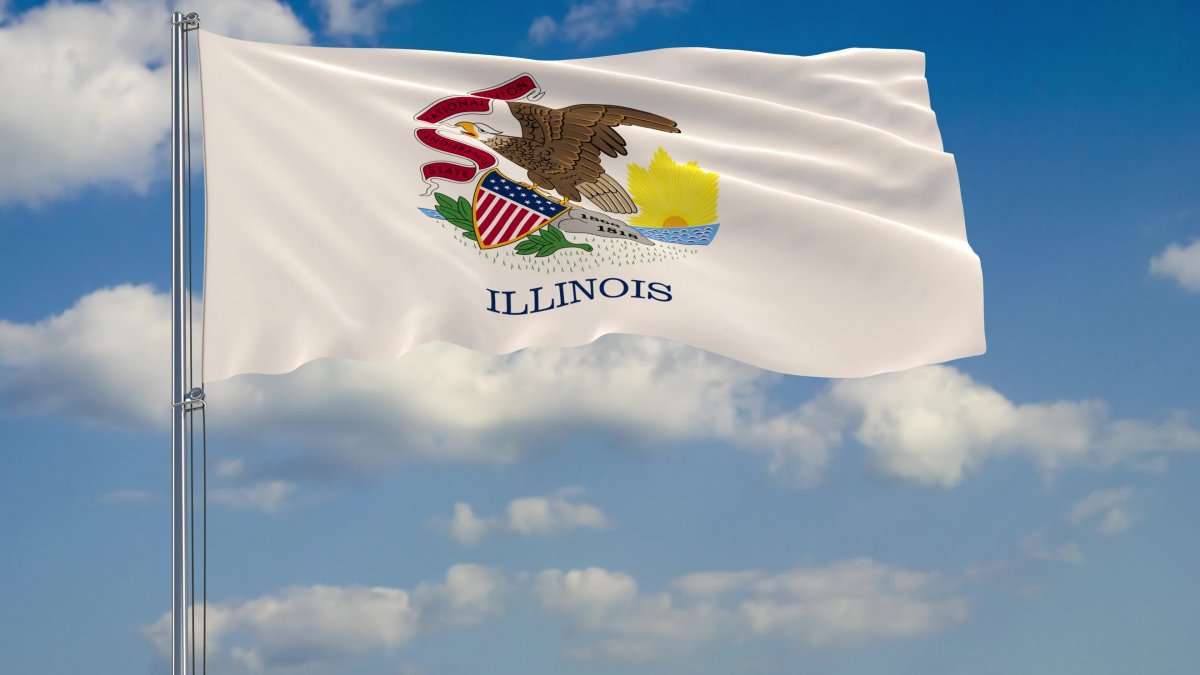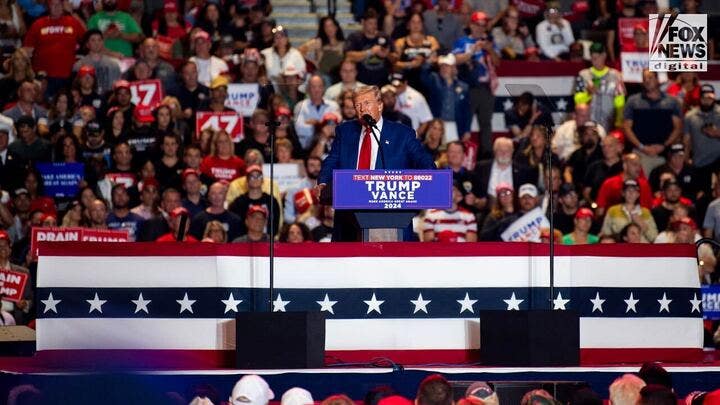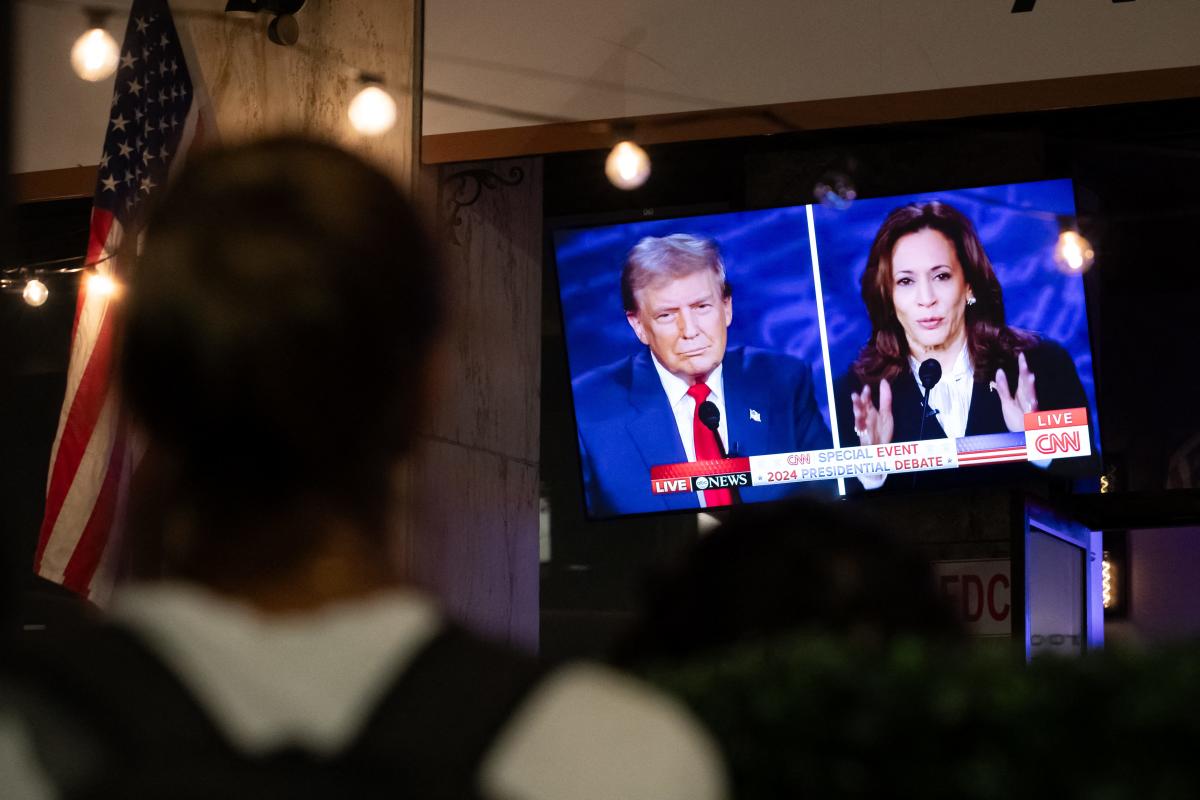Amid Donald Trump’s presidential immunity claim, the U.S. Supreme Court has lost the “benefit of the doubt” by not ruling more quickly, Leah Litman, a former law clerk for Supreme Court Justice Anthony Kennedy, said Wednesday.
The former president has sought to use the presidential immunity defense to shield himself from a plethora of criminal and civil challenges. Most notably, Trump, the presumed 2024 GOP presidential nominee, has sought the defense in his federal election interference case surrounding the events that led to the U.S. Capitol riot on January 6, 2021, that was brought by Department of Justice (DOJ) Special Counsel Jack Smith.
Trump was charged last August with four federal felony counts: conspiracy to defraud the United States; conspiracy to obstruct an official proceeding; obstruction of and attempt to obstruct an official proceeding; and conspiracy against rights. He has pleaded not guilty to all charges against him and claims that the indictment is politically motivated.
Chip Somodevilla/Getty Images
In an opinion piece published by The New York Times on Wednesday titled Something’s Rotten About the Justices Taking So Long on Trump’s Immunity Case, Litman, a professor at the University of Michigan Law School and podcast host, discussed the Supreme Court and the various cases, including Trump’s immunity claim, which has yet to be ruled on by the court.
“This court has lost the benefit of the doubt for myriad reasons, including its willingness to act quickly in cases that benefit Republican interests,” Litman wrote. “Two and a half years ago, the court scheduled a challenge to the Biden administration’s test-or-vaccinate policy two weeks after the justices decided to hear it, and then issued a decision invalidating the policy less than one week later.”
Newsweek has reached out to the Supreme Court via email for comment.
In late February, the justices agreed to hear Trump’s presidential immunity claim and oral arguments took place at the end of April.
“Nearly two months have passed since the justices heard lawyers for the former president and for the special counsel’s office argue the immunity case,” she said. “The court is dominated by conservatives nominated by Republican presidents. Every passing day further delays a potential trial…at this point, even if the court rules that Mr. Trump has limited or no immunity, it is unlikely a verdict will be delivered before the election.
“The justices need not resolve anything and everything related to presidential immunity. It would be enough to conclude that whatever the precise bounds of presidential immunity, it doesn’t extend to orchestrating a monthslong effort to overturn the valid results of a presidential election.”
Meanwhile, as it aims to wrap up its 2023-2024 term, the Supreme Court has about two dozen opinions to announce before the end of the month. They include major rulings related to Trump’s presidential immunity claims, Second Amendment rights argued in United States v. Rahimi, the Chevron doctrine that gives administrative agencies authority to implement is own rules and regulations, and First Amendment rights on social media.
Dan Urman, a law professor at Northeastern University who specializes in the Supreme Court, previously told Newsweek that given the number of cases that the court still has yet to decide this term, more opinion dates are likely to be added before the end of next week.
“With so many cases pending, the Court will likely be adding opinion days,” Urman wrote in an email. “The justices would like to be finished with the term by the end of June and probably want to avoid issuing too many decisions on a single day. That means we will likely see additional opinion days before June 28….”
Uncommon Knowledge
Newsweek is committed to challenging conventional wisdom and finding connections in the search for common ground.
Newsweek is committed to challenging conventional wisdom and finding connections in the search for common ground.












